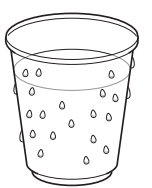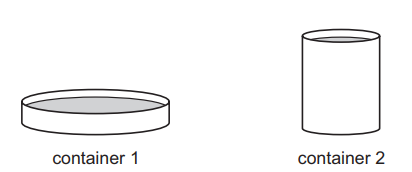A substance is cooled. The graph below shows how its temperature changes over time.

What is happening in the portion of the graph between X and Y?
The gas is cooling.
The liquid is freezing.
The gas is condensing.
The liquid is cooling.
Was this exam question helpful?








